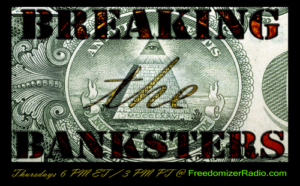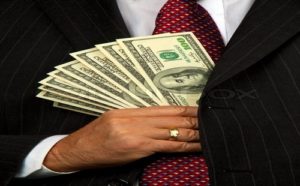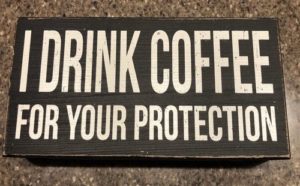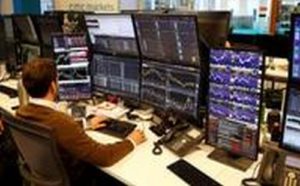False apostles are motivated by their greed, lust, or power. Second Timothy 3:1–8 describes such teachers in more detail: “But mark this: There will be terrible times in the last days. People will be lovers of themselves, lovers of money, boastful, proud, abusive, disobedient to their parents, ungrateful, unholy, without love, unforgiving, slanderous, without self-control, brutal, not lovers of the good, treacherous, rash, conceited, lovers of pleasure rather than lovers of God—having a form of godliness but denying its power. Have nothing to do with such people.
“They are the kind who worm their way into homes and gain control over gullible women, who are loaded down with sins and are swayed by all kinds of evil desires, always learning but never able to come to a knowledge of the truth. Just as Jannes and Jambres opposed Moses, so also these teachers oppose the truth. They are men of depraved minds, who, as far as the faith is concerned, are rejected.” Jesus said that an identifying mark of a false apostle/prophet is sinful behavior: “By their fruit you will recognize them” (Matthew 7:16, 20; cf. Jude 1:4).
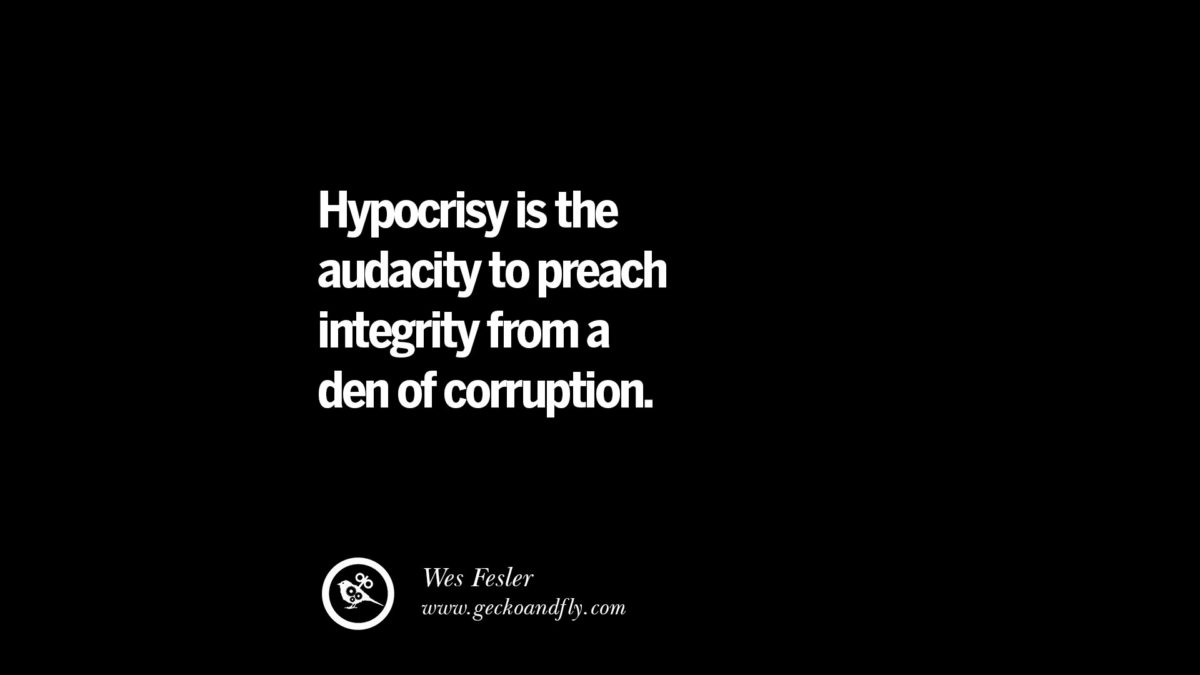
Big banks extended losses into a fourth day Friday, as 10-year Treasury yields tumbled, the 3-month/10-year yield curve inverted for the first time since 2007, U.S. manufacturing data missed expectations and Europe’s economic outlook darkened.
The KBW Bank Index slid 4.5 percent, the most since Dec. 4, to a session low after President Trump said he will nominate long-time supporter and Jerome Powell critic Stephen Moore to the Federal Reserve Board. The index hit its lowest intraday since Jan. 15, with top decliners once again including regional banks Regions Financial Corp., KeyCorp, and Citizens Financial Group. Silicon Valley lender SVB Financial Group was the biggest loser, slumping 9 percent, also the most since early December.
Banks have been hit hard by the Fed’s surprisingly dovish turn this week, with the KBW Bank Index dropping almost 10 percent in the past four days. Bellwether Bank of America Corp. was down as much as 5.2 percent on Friday, the most since Dec. 6, though shares are still up 9 percent so far this year.
JPMorgan Chase & Co. was off by 3.3 percent after closing below its 50-day moving average Thursday, and Goldman Sachs Group Inc. was down 3.5 percent. Citigroup sank 5.4 percent; earlier, the bank was said to have ousted eight equities traders in Hong Kong and suspended three others after a sweeping internal investigation into dealings with some clients.
U.S. 10-year Treasury yields fell another 9 basis points to 2.45 percent Friday morning — down from 3.24% last November.
The preliminary U.S. Manufacturing Purchasing Managers’ Index (PMI) slowed to 52.5 in March, a 21-month low, IHS Markit said. The manufacturing output index fell to the lowest in close to three years.
Earlier, German 10-year Bund yields dropped below zero for the first time in more than two years after German manufacturing contracted further, compounding fears of an economic slowdown across the euro area. In the U.K., Theresa May plans a third vote on her Brexit deal next week.
“Economic data continue to signal slowing global growth,” Citi’s global chief economist Catherine Mann wrote in a note on Thursday. She flagged contracting South Korean exports and China activity that’s unlikely to rebound strongly, along with Brexit uncertainty.
“Dovish central bank guidance has pushed global equities higher in recent weeks, in spite of the weaker global backdrop,” Mann said. “The outcome of the Fed’s March meeting may add fuel to the rally, but there are reasons to be cautious, namely abnormally low volatility and recent equity fund flows.”
Greed is a strong and selfish desire to have more of something, most often money or power. There are many warnings in the Bible about giving in to greed and longing for riches. Jesus warned, “Watch out! Be on your guard against all kinds of greed; a man’s life does not consist in the abundance of his possessions” (Luke 12:15). “Do not store up for yourselves treasures on earth, where moth and rust destroy and where thieves break in and steal… You cannot serve both God and money” (Matthew 6:19, 24b). Did Jesus pursue the acquisition of money? No. On the contrary, He became poor for our sake (2 Corinthians 8:9) and had “no place to lay his head” (Matthew 8:20). Neither did Jesus pursue power. Rather, He instructed, “Whoever wants to become great among you must be your servant, and whoever wants to be first must be slave of all. For even the Son of Man did not come to be served, but to serve, and to give his life as a ransom for many” (Mark 10:43–45).
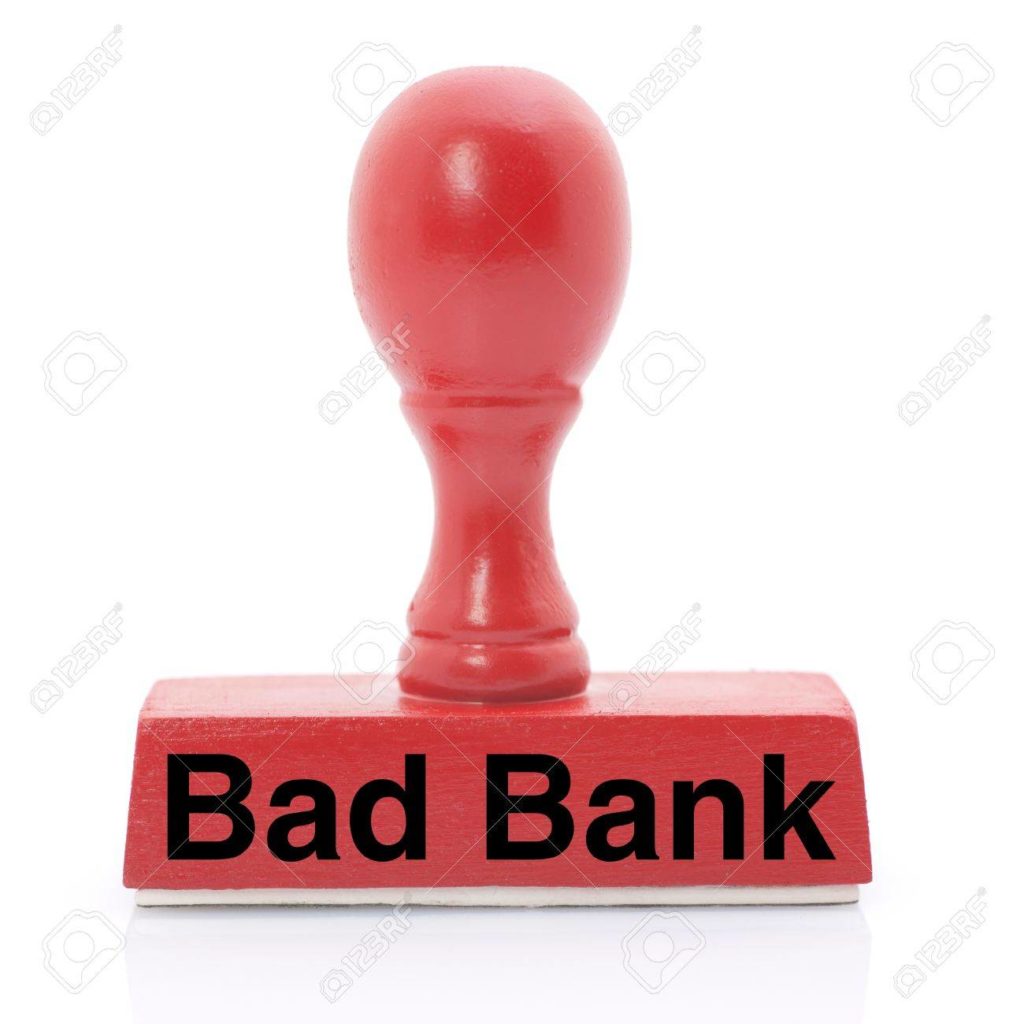
Greed and a desire for riches are traps that bring ruin and destruction. “The love of money is a root of all kinds of evil,” and Christians are warned, “Do not put your trust in wealth” (see 1 Timothy 6:9-10, 17-18). Covetousness, or having an excessive or greedy desire for more, is idolatry. Ephesians 5:5 says, “For of this you can be sure: No immoral, impure or greedy person – such a man is an idolater – has any inheritance in the kingdom of Christ and of God.” The principle to remember is contained in Hebrews 13:5: “Keep your lives free from the love of money and be content with what you have, because God has said, ‘Never will I leave you; never will I forsake you.’”
It is the love of money, and not money itself, that is the problem. The love of money is a sin because it gets in the way of worshipping God. Jesus said it was very hard for rich people to enter the Kingdom of God. When the rich young ruler asked Jesus what he should do to inherit eternal life, Jesus told him to sell all his possessions and give the money to the poor. “When the young man heard this, he went away sad, because he had great wealth” (see Matthew 19:16-22). By instructing him to give up his money, Jesus pointed out the young man’s main problem: greed or a love of money. The man could not follow Christ because he was following money. His love of this world interfered with his love for God.
Greed refuses to be satisfied. More often than not, the more we get, the more we want. Material possessions will not protect us—in this life or eternally. Jesus’ parable of the rich fool in Luke 12:13–21 illustrates this point well. Again, money or wealth is not a problem. The problem is our attitude toward it. When we place our confidence in wealth or are consumed by an insatiable desire for more, we are failing to give God the glory and worship He deserves. We are to serve God, not waste our time trying to become rich (Proverbs 23:4). Our heart’s desire should be to store up riches in heaven and not worry about what we will eat or drink or wear. “But seek first [God’s] kingdom and his righteousness, and all these things will be given to you as well” (see Matthew 6:25-34).
Stock Market Crash 1929 – The stock market crash ushered in the Great Depression. What made the stock market crash? Here’s a brief summary.Capital is the tools needed to produce things of value out of raw materials. Buildings and machines are common examples of capital. A factory is a building with machines for making valued goods. Throughout the twentieth century, most of the capital in the United States was represented by stocks. A corporation owned capital. Ownership of the corporation in turn took the form of shares of stock. Each share of stock represented a proportionate share of the corporation. The stocks were bought and sold on stock exchanges, of which the most important was the New York Stock Exchange located on Wall Street in Manhattan. Throughout the 1920s a long boom took stock prices to peaks never before seen. From 1920 to 1929 stocks more than quadrupled in value. Many investors became convinced that stocks were a sure thing and borrowed heavily to invest more money in the market. But in 1929, the bubble burst and stocks started down an even more precipitous cliff. In 1932 and 1933, they hit bottom, down about 80% from their highs in the late 1920s. This had sharp effects on the economy. Demand for goods declined because people felt poor because of their losses in the stock market. New investment could not be financed through the sale of stock, because no one would buy the new stock. But perhaps the most important effect was chaos in the banking system as banks tried to collect on loans made to stockmarket investors whose holdings were now worth little or nothing at all. Worse, many banks had themselves invested depositors’ money in the stockmarket. When word spread that banks’ assets contained huge uncollectable loans and almost worthless stock certificates, depositors rushed to withdraw their savings. Unable to raise fresh funds from the Federal Reserve System, banks began failing by the hundreds in 1932 and 1933. By the inauguration of Franklin D. Roosevelt as president in March 1933, the banking system of the United States had largely ceased to function. Depositors had seen $140 billion disappear when their banks failed. Businesses could not get credit for inventory. Checks could not be used for payments because no one knew which checks were worthless and which were sound. Roosevelt closed all the banks in the United States for three days – a “bank holiday.” Some banks were then cautiously re-opened with strict limits on withdrawals. Eventually, confidence returned to the system and banks were able to perform their economic function again. To prevent similar disasters, the federal government set up the Federal Deposit Insurance Corporation, which eliminated the rationale for bank “runs” – to get one’s money before the bank “runs out.” Backed by the FDIC, the bank could fail and go out of business, but then the government would reimburse depositors. Another crucial mechanism insulated commercial banks from stock market panics by banning banks from investing depositors’ money in stocks. |
StevieRay Hansen
Editor, Bankster Crime
MY MISSION IS NOT TO CONVINCE YOU, ONLY TO INFORM…
![]()
